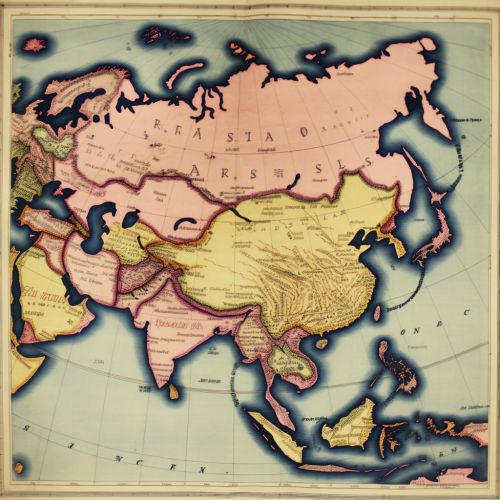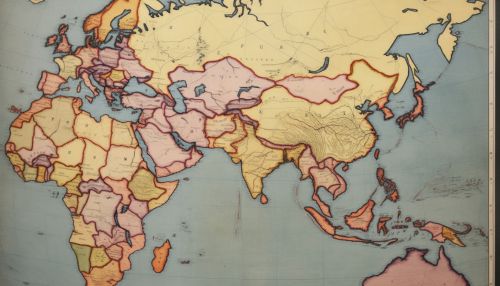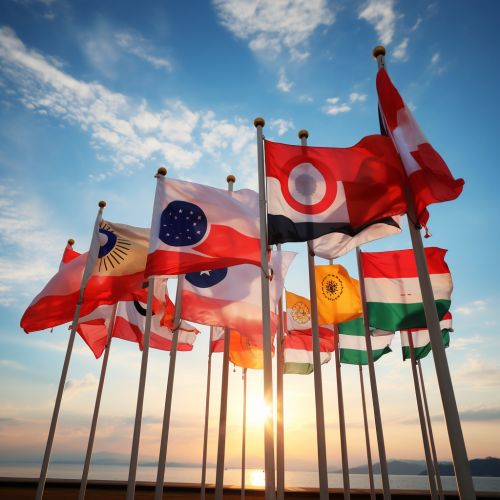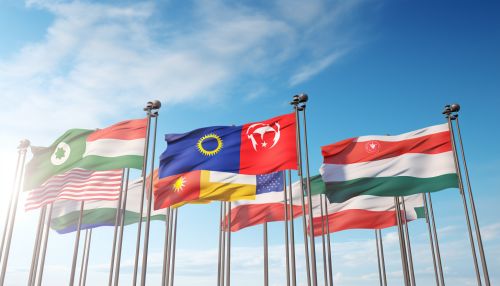Imperialism in Asia
Origins of Imperialism in Asia
Imperialism in Asia traces its roots back to the age of exploration and the rise of powerful European empires. The Age of Exploration marked the beginning of European expansion into Asia, driven by the desire for new trade routes and resources. This period saw the establishment of the first European colonies in Asia, laying the groundwork for future imperialistic endeavors.


European Imperial Powers in Asia
The major European powers that engaged in imperialism in Asia were primarily Britain, France, and the Netherlands. Each of these nations established colonies and spheres of influence throughout the continent, exerting control over vast territories and populations.
British Imperialism
The British Empire was the most extensive of the European empires in Asia. The British established colonies in India, Burma, Malaya, and Hong Kong, among other regions. The British rule in India, known as the British Raj, was particularly significant due to its vast size and economic importance.
French Imperialism
The French colonial empire in Asia was centered in Indochina, which is now Vietnam, Laos, and Cambodia. The French rule in Indochina was marked by economic exploitation and cultural imposition, leading to significant resistance and eventual decolonization.
Dutch Imperialism
The Dutch East Indies, now Indonesia, was the center of Dutch imperialism in Asia. The Dutch established a monopoly over the spice trade and implemented a system of forced labor known as the Cultivation System.
Impact of Imperialism in Asia
Imperialism had profound impacts on the societies, economies, and political structures of Asian countries. These impacts varied widely depending on the specific nature of the imperial rule and the local conditions.
Economic Impact
Imperialism often led to significant economic changes in Asian societies. European powers exploited the resources of their colonies, leading to economic dependency. However, imperialism also led to modernization and industrialization in some regions.
Social Impact
Imperialism also had significant social impacts. European powers often imposed their culture and values on the local population, leading to cultural assimilation in some cases. However, resistance to imperialism also fostered a sense of national identity and unity among colonized peoples.
Political Impact
Imperialism significantly altered the political landscape of Asia. European powers established colonial governments, often with little regard for traditional power structures. The struggle against imperialism also gave rise to nationalist movements, leading to the eventual decolonization of Asia.


Decolonization of Asia
The process of decolonization in Asia began in the mid-20th century, following the end of World War II. This period saw the withdrawal of European powers and the establishment of independent nations throughout the continent.
Indian Independence
The independence of India from British rule in 1947 marked a significant milestone in the decolonization of Asia. The Indian independence movement was a major force in this process, led by figures such as Mahatma Gandhi and Jawaharlal Nehru.
Independence of Indochina
The decolonization of French Indochina was marked by violent conflict, culminating in the Vietnam War. The independence movements in Vietnam, Laos, and Cambodia were driven by nationalist and communist forces.
Independence of Indonesia
The independence of Indonesia from Dutch rule in 1949 was another significant event in the decolonization of Asia. The Indonesian National Revolution was a key factor in this process.
Legacy of Imperialism in Asia
The legacy of imperialism in Asia is complex and multifaceted. While imperialism brought about significant changes in the economic, social, and political structures of Asian societies, it also led to resistance, decolonization, and the formation of modern nation-states.


